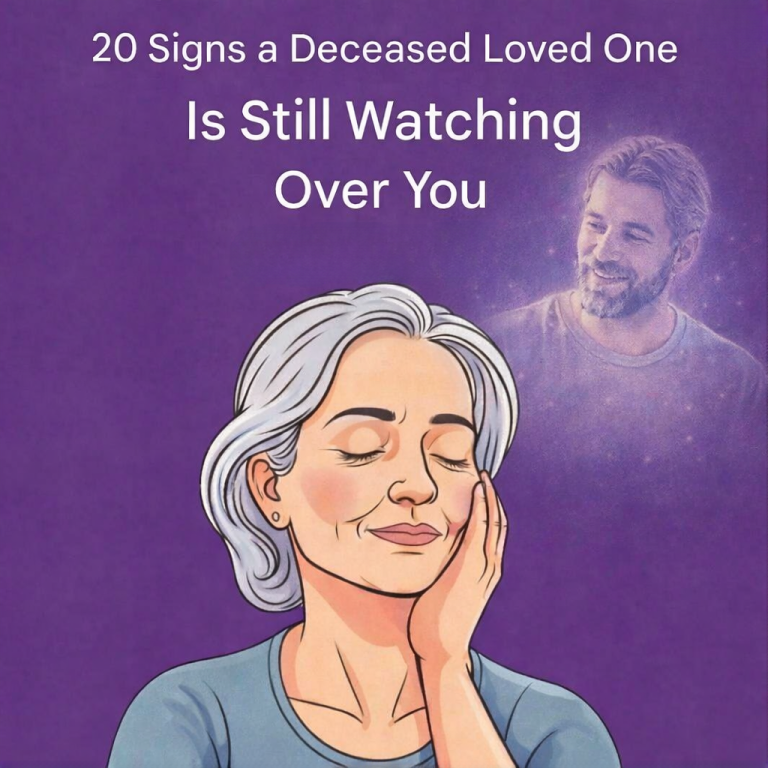
When I rented the little blue house on Maple Street, it felt like a miracle. A safe haven for me and my three girls after years of scraping by.
Our landlord, Mr. Harris, seemed decent—polite, professional, even kind. For the first year, everything was perfect. Rent on time, house well-kept, no problems. I even sent him Christmas cookies once.
Then one call changed everything.
He asked me to vacate the house for a week so his sister could “stay there to recover from her divorce.”
At first, I laughed. I thought it was a bad joke. Who asks a single mom with three kids to move out of a home she’s paying for—so a relative can have a “healing retreat”?
When I refused, his voice went cold.
“I’d hate for this to become… complicated,” he said.
The tone chilled me. Suddenly, this polite landlord didn’t sound kind—he sounded like a man used to getting his way.
Weeks later, he claimed there were “urgent plumbing repairs” that made the house temporarily uninhabitable. He even offered to cover a hotel—“just for a few days.”
Something felt off. I called the plumbing company he mentioned, and they told me there was no record of any work order for our address.
But fear is a heavy thing. And when you’re a single mom, the threat of losing your home can crush your courage. So I packed our bags, told my daughters it was a “little vacation,” and we went to stay with my cousin for a week.
I tried not to think about what might really be happening.
A few days later, my neighbor Mrs. Green called me. She’s the kind of woman who notices everything—the type who knows when the mailman gets a haircut.
She said, “Sweetheart, I saw a woman on your porch last night. Wine glass in hand. Fancy dress. Didn’t look like a plumber to me.”
My heart dropped.
It was his sister—Denise.
No repairs. No plumbing crew. Just lies.
When I confronted Mr. Harris, he brushed it off with fake concern. “There must be some misunderstanding,” he said, smiling too widely.
When I pressed, he turned the tables. “You’re getting emotional, Emily. Maybe this arrangement isn’t working out.”
That was the last straw.
From that day on, I documented everything—every call, every email, every visit. I took photos, screenshots, and even asked Mrs. Green for a written statement. Then I reached out to a tenant rights group, who connected me with a lawyer willing to take my case pro bono.
That’s when the tables turned.
Days later, Mr. Harris called me, his voice shaking with anger.
“You didn’t have to go that far!”
“No,” I said, calm for the first time in weeks. “You did that the moment you kicked a single mother and her kids out of their home for your sister’s vacation.”
He hung up on me.
We took him to court. He was fined for illegal eviction, forced to compensate us for damages, and publicly reprimanded by the housing board. It was all in the local paper. The headline read:
“Landlord Exploits Tenant Family for Personal Gain — Faces Legal Action.”
Justice, finally.
But the damage lingered. Our privacy violated. Belongings missing. Trust shattered. I was relieved, but part of me felt hollow—until one unexpected call changed everything again.
It was his sister, Denise.
Her voice trembled. “I didn’t know,” she said quietly. “He told me you’d moved out. He said he was renting it to pay off debts.”
She went on to tell me that when she stayed there, she noticed something strange—my personal documents had been moved, and drawers left open. My missing tax forms, my children’s school records—he’d been rifling through them under the pretense of “repairs.”
I felt sick. But then something in me hardened.
Fear turned to fire.
I met with my lawyer again and handed over everything. The eviction lie was bad enough, but what he did next—tampering with private documents—was a serious crime.
A few weeks later, the authorities raided one of his storage units. Inside, they found boxes of old tenant paperwork—leases, IDs, even medical records. He’d been using tenants’ personal information to apply for small business loans.
When I read the report, I didn’t feel victory. I felt vindication.
Because men like Mr. Harris count on silence. They count on single mothers being too scared, too tired, too small to fight back.
But he underestimated me.
He thought because I paid rent with a trembling hand and a tired smile, I’d stay quiet.
He was wrong.
A few months later, we moved into a new home—a real home this time. It wasn’t perfect, but it was ours. My daughters helped paint the walls, choosing colors so bright you could see them from the street. Every corner of that house glowed with freedom.
One afternoon, as I unpacked boxes, a letter arrived. It was from Denise.
“I wanted you to know,” it read, “that I turned him in, too. You were right to fight. I’m sorry for what he did. Maybe now, we both get to start over.”
I folded the letter and tucked it into a box labeled “New Beginnings.”
That night, my girls and I stood in the backyard, stringing fairy lights between the trees. The sky was clear, the air cool and forgiving.
For the first time in a long while, I wasn’t afraid of losing anything.
Because I finally understood—our home was never about the walls or the lease or the landlord’s name on a paper.
It was about us—our resilience, our laughter, our right to exist without apology.
He might have owned the house.
But he never owned our spirit.
And in the end, the little blue house on Maple Street became more than a battleground. It became a reminder:
Sometimes, standing your ground isn’t about shouting the loudest. It’s about refusing to be erased.



